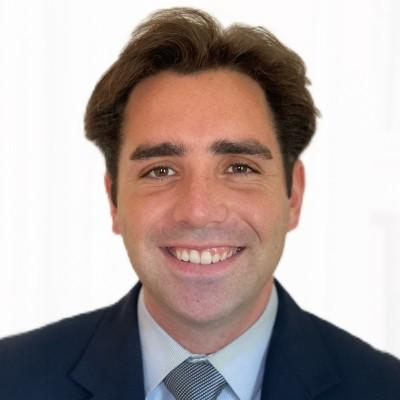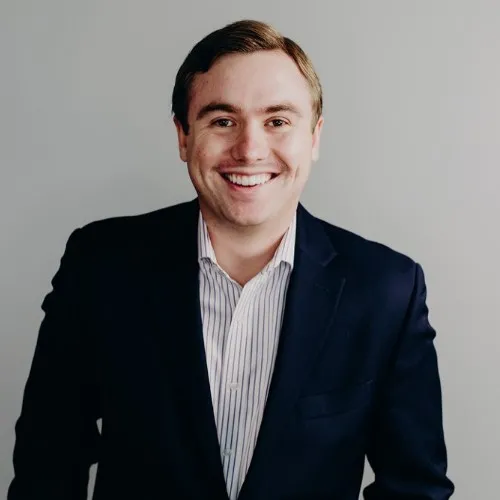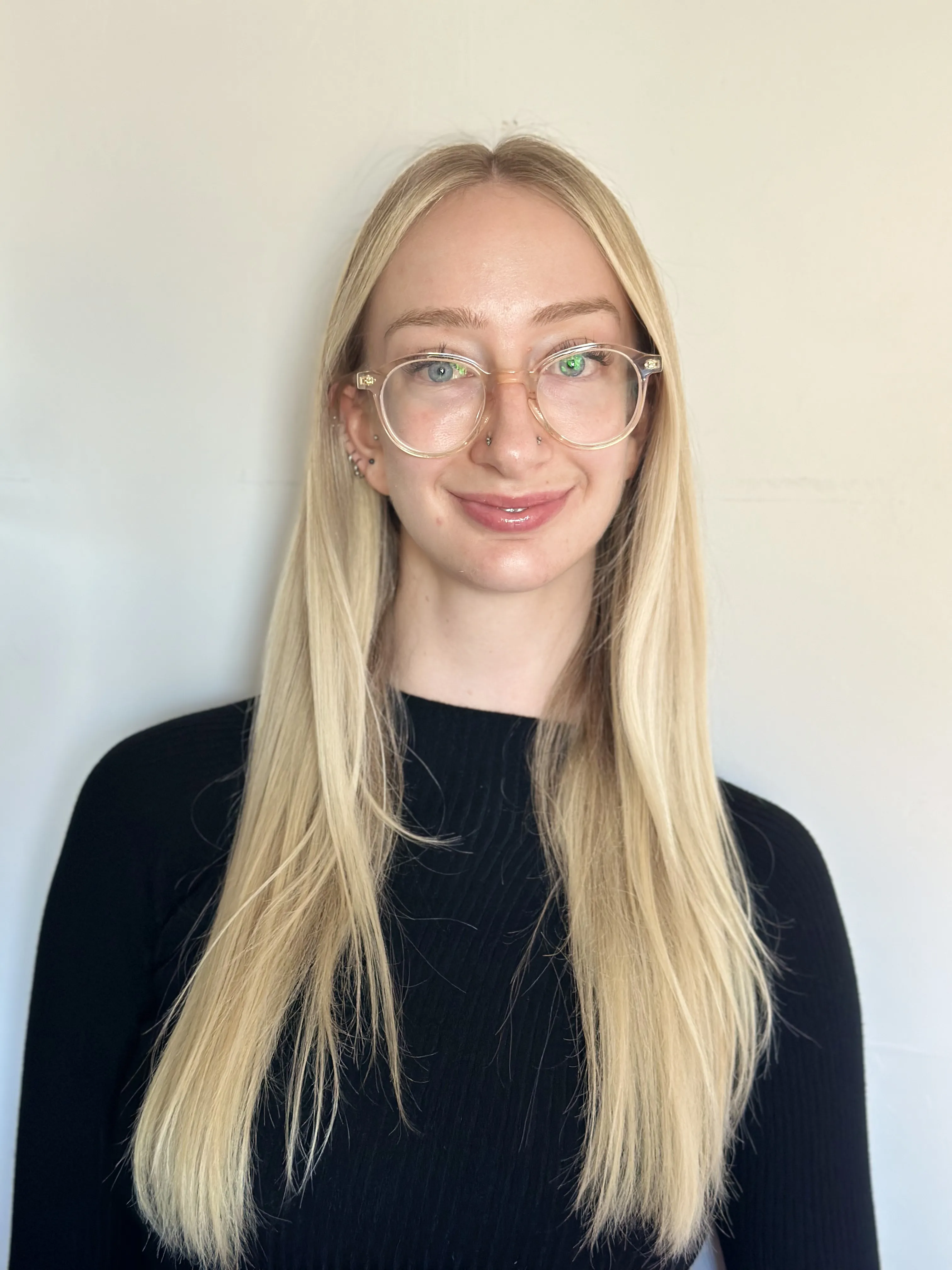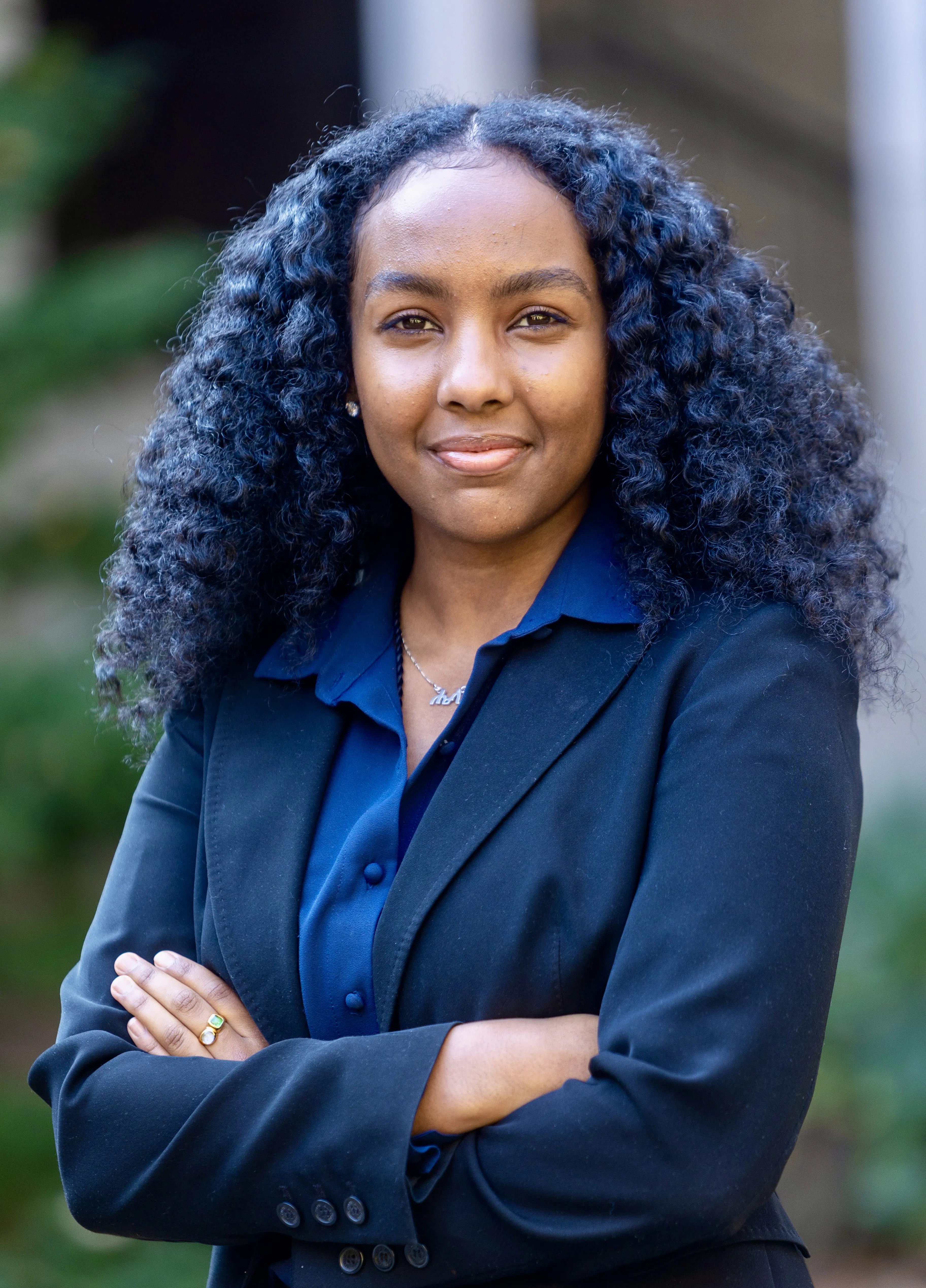Summer Experiences: Bryant King, ’24, Intern, Clooney Foundation for Justice (Working Remotely from Seville, Spain)
Bryant King, ’24, spent the summer as an intern at the Los Angeles-based Clooney Foundation for Justice. He is performing his work remotely from Seville, Spain, offering him the opportunity to take a deep dive into international human rights work while living abroad and exploring another country.
How did you connect with this summer opportunity?
While I’ve followed and admired the work of the Clooney Foundation (CFJ) since it was established in 2016, my clinic professor, Anjli Parrin, initially connected me with lawyers from The Docket, CFJ’s team that pursues justice for victims of international crimes committed around the world, to learn more about the impactful work the team does to promote accountability in some of the most dire human rights situations today, including in places like Ukraine (where my work primarily focuses), Sudan, and Venezuela. From there, I submitted an application and interviewed for an internship, and I was very grateful to receive an offer to work with The Docket on its Ukraine project this summer.
How does your experience connect with what you currently envision doing with your law degree?
I came to law school to pursue a career in international human rights (IHR) law, and strategic human rights litigation in particular, so my experience with CFJ is exactly the type of work I envision doing with my law degree, and I’ve enjoyed my time with The Docket very much.
Please describe a “typical” day at work.
A “typical” day for me at CFJ consists of legal research and analysis, and open-source evidence gathering, in support of The Docket’s ongoing work to launch and support criminal cases against the perpetrators of international crimes in Ukraine under the principle of universal jurisdiction (UJ). I am also monitoring ongoing UJ cases outside of the Ukraine context to support CFJ’s new tool, called Justice Beyond Borders, which is an online database that tracks how international crimes can be prosecuted in countries around the world.
What is something you learned or experienced that was surprising or particularly compelling during this summer position?
One thing I have gained a deeper appreciation for during my time at CFJ is the growing momentum and infrastructure in place, particularly in several countries in Europe and in Argentina, to support the use of UJ to pursue accountability for international crimes committed around the world. It goes without saying that the US relationship with international law, whether in the context of UJ or many other applications, has long been complicated. It is my hope to see both US law schools and the federal government continue to make strides during my legal career and beyond to animate and realize the promise of international law in a world that desperately needs it to solve our most pressing challenges.
What are a couple of your key takeaways from the experience so far?
- The work of organizations like CFJ is vital to pushing forward the momentum seen at the country level in various parts of the world to pursue accountability for international crimes under the principle of UJ. In addition to providing critical evidence gathering and legal analysis, organizations involved in strategic litigation and advocacy in this space play an important role in building relationships and trust with victims and their families, and in keeping a focus on pursuing justice for people, issues, and places that are not always covered in the headlines in the United States.
- Working on issues like international crimes, including genocide, war crimes, and crimes against humanity, can prove challenging in many respects, and this speaks to the importance of being surrounded by the type of team I am privileged to be on at CFJ—supportive, collaborative, and deeply passionate about the mission of the organization and the people and communities on whose behalf they work. This is essential to making the work sustainable in the long run.
What advice would you offer another law student contemplating working in a similar position next summer?
If international law is what you’re passionate about, stick to your guns, start looking for summer opportunities as soon as possible, and be patient. The search for international law opportunities, and in particular those that allow you to work abroad, can take a long time (I locked my current opportunity down in mid-April of this year, a mere eight months later than most of my classmates…). There are great people at the Law School, including Professor Parrin, Susan Curry, and Aican Nguyen, who are ready to support you through your search, so be sure to get in touch with them!
How are you spending your free time this summer?
I’m working remotely in Seville this summer, so I’ve spent my free time visiting different places in Andalusia (the Mezquita in Cordoba and the Alhambra in Granada have been highlights so far) and enjoying every bit of the region’s cuisine. I’ve also been reading lots of fiction (I’m currently reading Birnam Wood by Eleanor Catton) and building out my list of IHR post-grad fellowships to apply for during 3L.
What are you most looking forward to in returning to UChicago Law this fall?
I’m most looking forward to continuing in the Global Human Rights Clinic this fall, working my way through the Law School’s international law course offerings, taking advantage of human rights-related resources across the Midway like the Pozen Center, and continuing to do IHR-related pro bono work whenever possible.
Is there anything else you’d like to share?
Even if international law is not your primary focus (or you’re skeptical about whether it constitutes law in the first place), take a course in it at the Law School this year, attend international law-focused events on campus, and engage in relevant pro bono work. Building support in the United States for a more robust, informed, consistent, efficacious, and fundamentally just application of international law begins in places like Hyde Park. Take advantage of the international law resources the Law School offers, and tap into UChicago’s emphasis on the “life of the mind” to discern innovative and meaningful ways that you can use your legal training in service to others and to our world.



